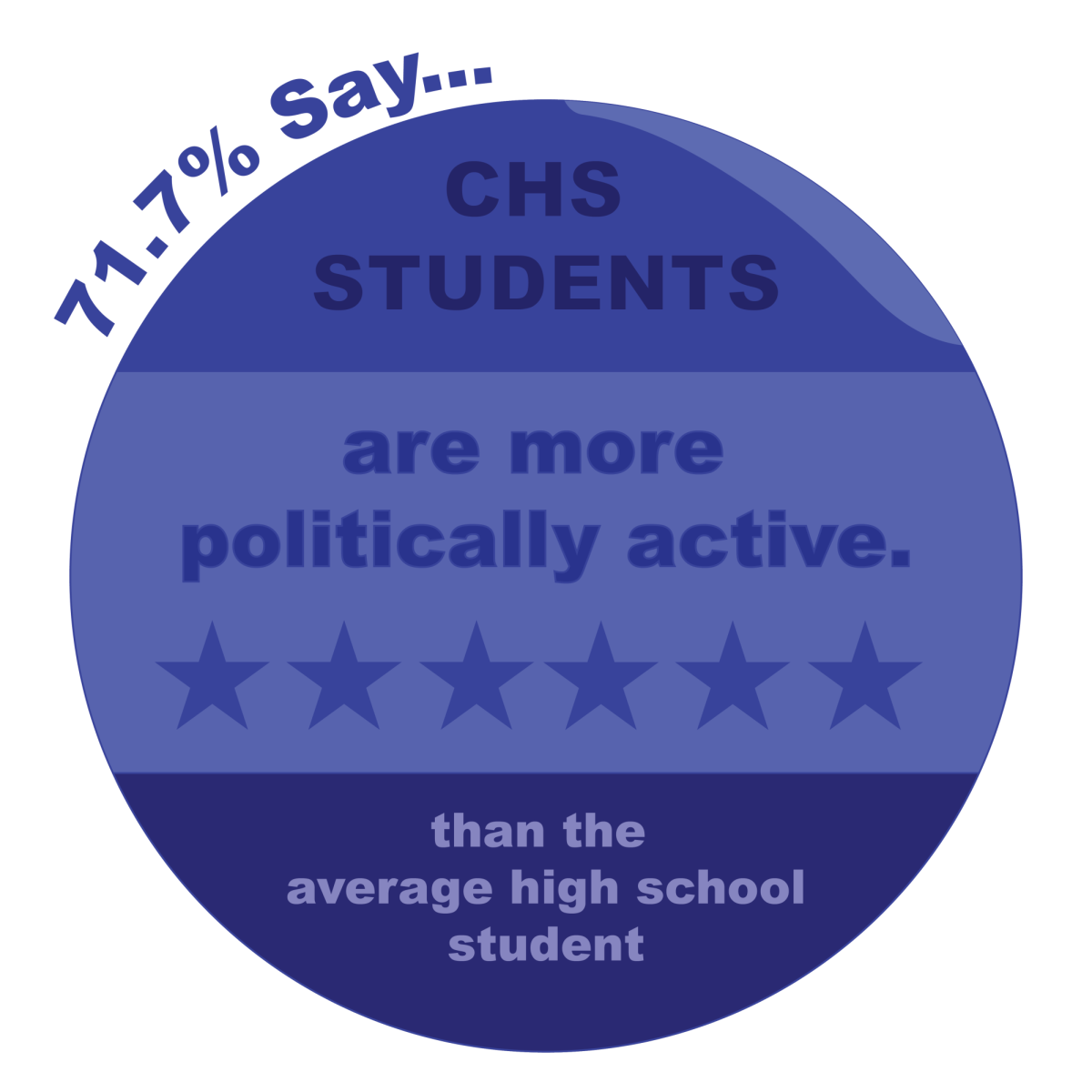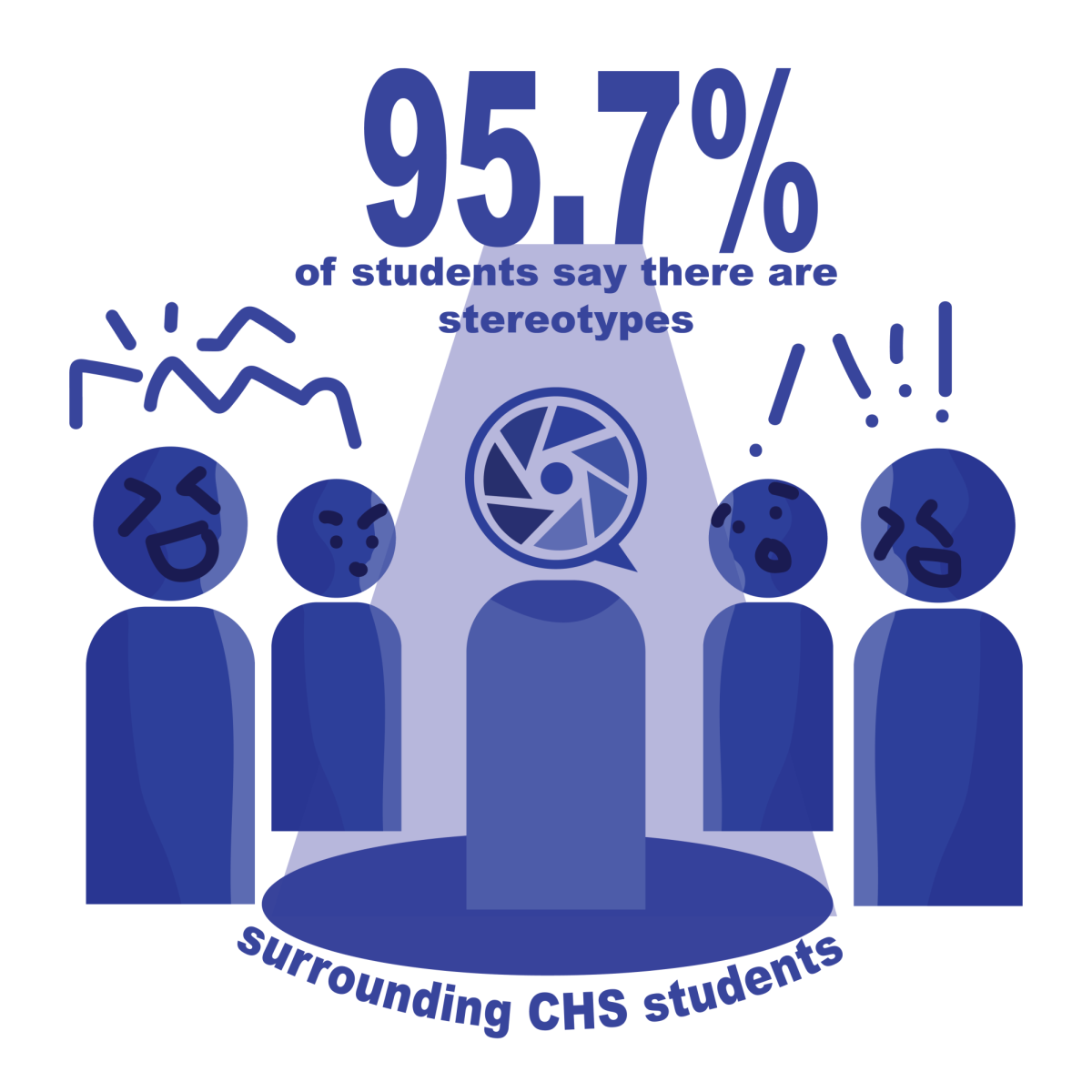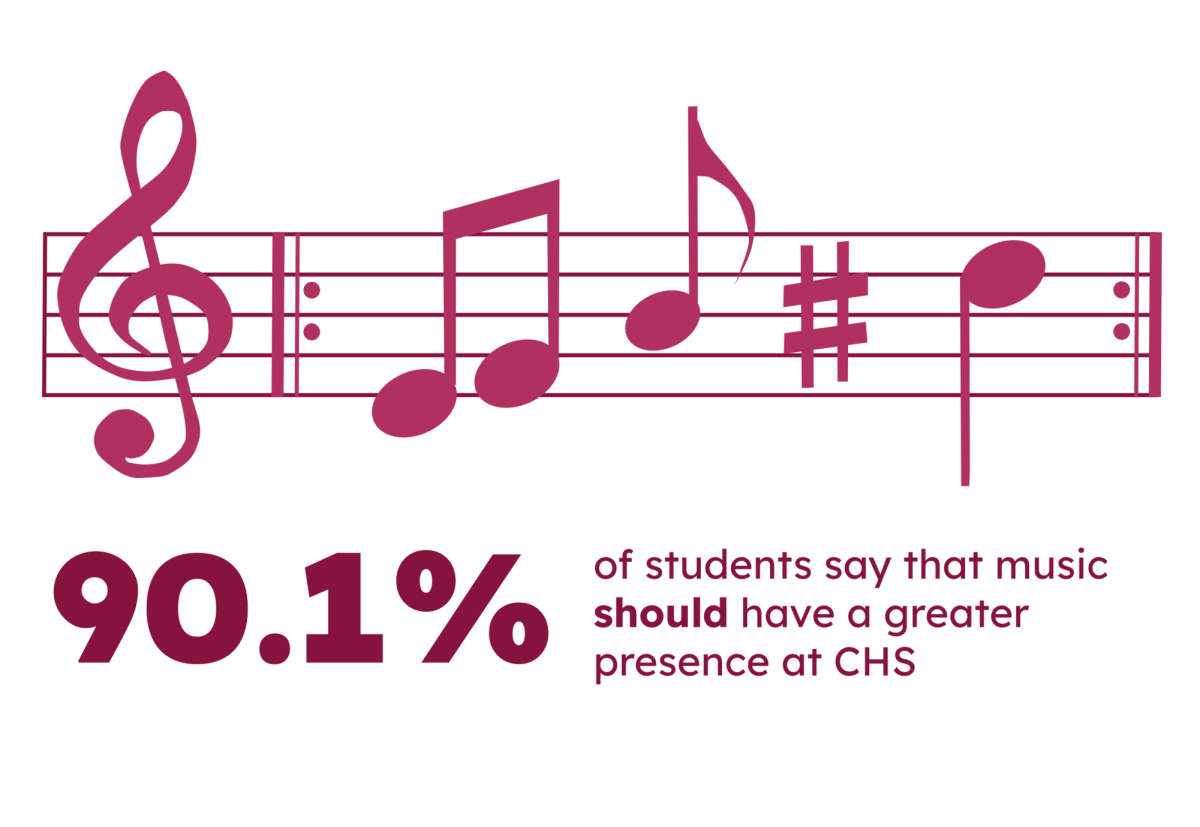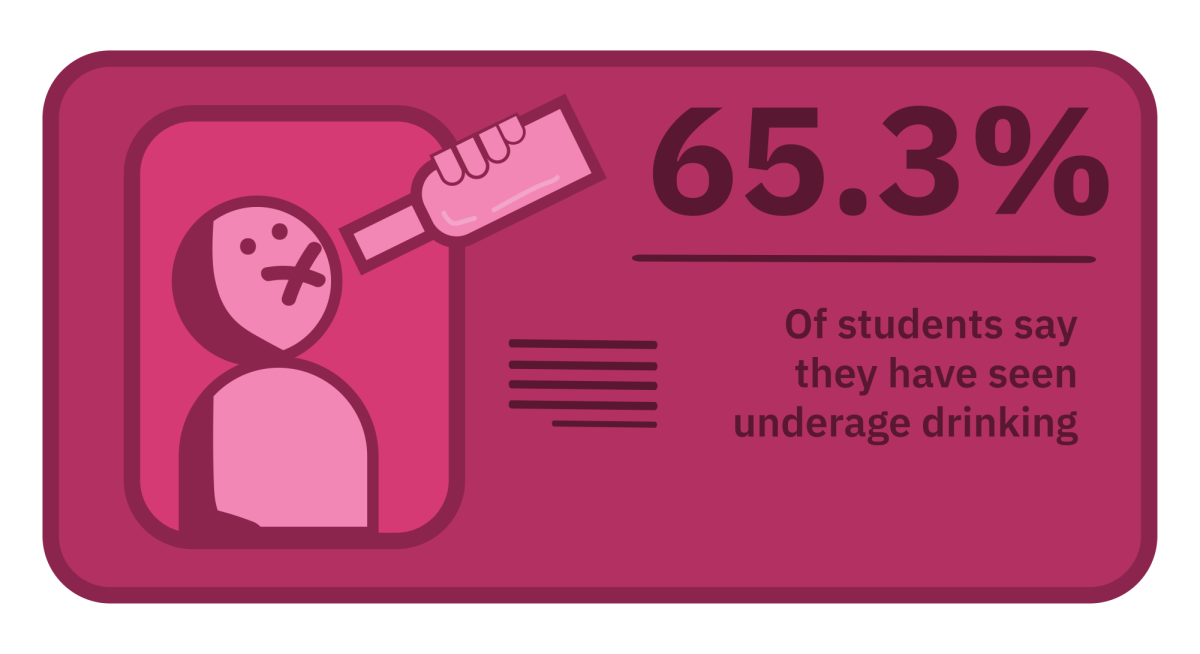Whether to visit a former teacher or greet a fellow student, leaving class to join another class momentarily has become a common trend amongst the Communications High School’s (CHS) student body. The tight-knit community of the school makes students comfortable enough to enter other classes looking to catch a break. Sometimes, students ask for permission; at other times, they leave without warning.
The students and staff of CHS are divided on how to discipline this issue. Communications Technology and Photography teacher Amanda FitzPatrick expressed her beliefs for those who enter other classes without permission.
“If your name is on my roster, I’m responsible for you during that hour,” FitzPatrick said. “For you to take the liberty of going to interrupt another teacher’s class is not only disrespectful to the teacher who you’re supposed to be with but also a disruption to the other class.”
Many of her colleagues agree that leaving unannounced is inconsiderate and does a disservice to students, including History teacher Courtney Conroy.
“They could be missing valuable time learning lessons,” Conroy said. “Even during independent work time, students can benefit from the teacher’s assistance on independent assignments.”
Most of the CHS student population can agree that it is acceptable to join another class under certain circumstances with permission. Junior Gianni Dentino of Belmar stated that there should be no problem if there’s an agreement between the teachers involved.
“I think that as long as your teacher is okay with it, it’s independent work time, you ask first and the other teacher isn’t bothered, then it should be fine,” Dentino said. “Otherwise, you just shouldn’t leave the class.”
Although many teachers don’t want their students joining other classes in any circumstance, certain teachers are impartial to those skipping class and allow students to pop their heads in their class when they need a break.
The staff has differing opinions on what the repercussions of leaving class without warning should be. Communications Technology and Design teacher Laura Fallon thinks that it should be handled similarly to most other consequences.
“I would say if it were the first time it warrants a warning,” Fallon said. “If it’s a repeat offense or someone is not showing up to class and missing the whole day then that would become a problem.” FitzPatrick agrees that it should be handled case-by-case, as each situation is different.
“There has to be a discussion so the student learns why it was wrong. If I just throw out discipline infractions but the student never really understands why they are in trouble, they will never learn to not do it again,” FitzPatrick said. “I think the opportunity to learn and grow is always available, especially in a building like CHS.”










